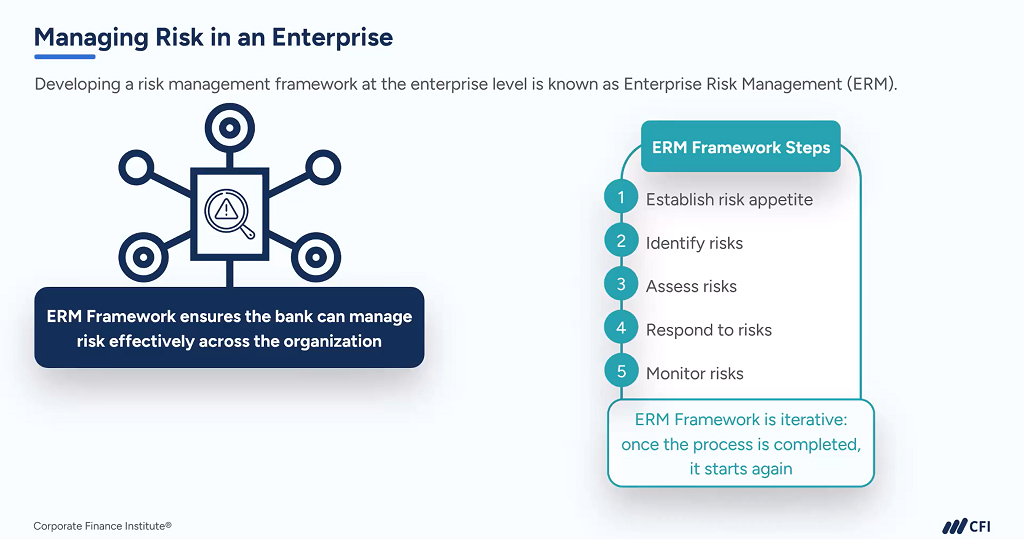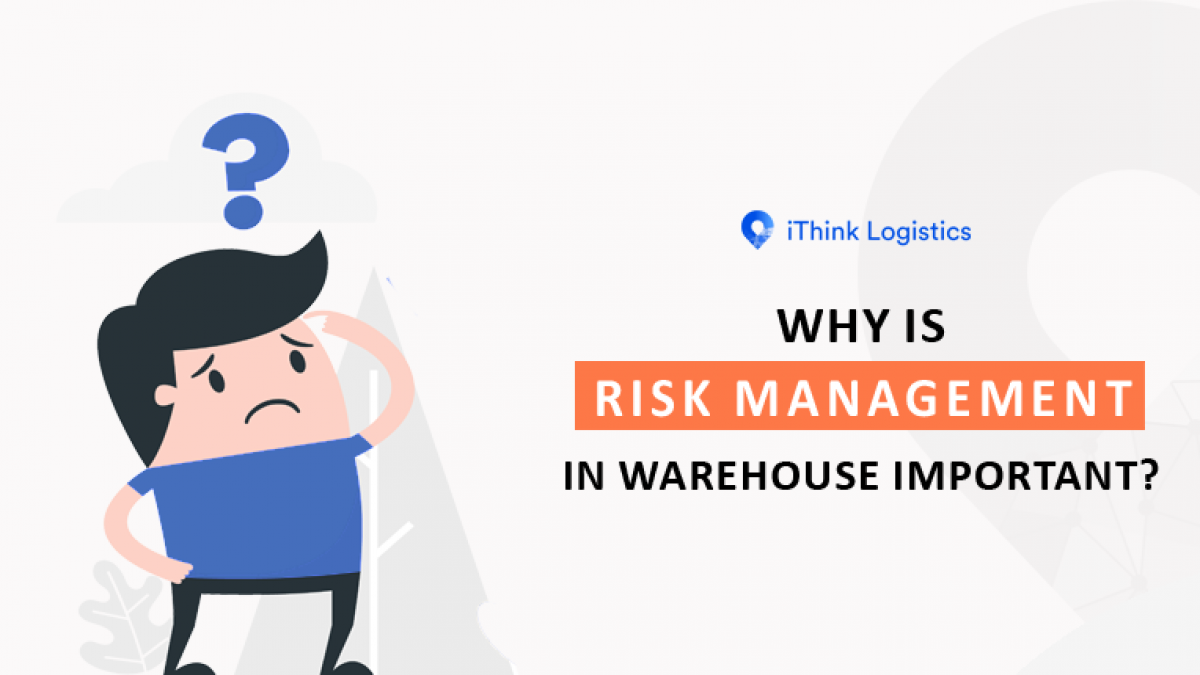A Detailed Guide to Understanding the Importance of Risk Management
A Detailed Guide to Understanding the Importance of Risk Management
Blog Article
The Important Significance of Risk Management in Achieving Business Goals
In the swiftly developing business landscape, the capability to navigate unpredictability has come to be an essential. This is where Risk Management actions in, giving an organized technique to recognizing, assessing, and mitigating potential roadblocks to advance. It's greater than just a safety procedure - it's a calculated device, promoting durability and technology. As we explore the critical duty of Risk Management in attaining organizational goals, one can't wonder but aid: how does this equate into real-world success?
Comprehending the Idea of Risk Management in Company

The Integral Duty of Risk Management in Strategic Planning
Integrating Risk Management right into strategic preparation acts as a secure for companies, securing their long-term plans with a strong foundation of preparedness and resilience. It runs as the company's radar, finding possible risks and vulnerabilities that might disrupt the path in the direction of attaining their stated objectives. Risk Management supplies a framework for expecting uncertainties and devising ideal actions, making sure the organization's survival and success also despite difficulty. By including Risk Management right into tactical preparation, companies can change these unpredictabilities into chances for growth and advancement. This calculated interweaving of Risk Management fosters adaptability, making organizations more robust and enabling them to navigate the ever-changing company landscape confidently. Consequently, Risk Management becomes an indispensable tool in tactical planning, critical in securing lasting success.

Strategies for Identifying, Assessing, and Prioritizing Dangers
The process starts with Risk recognition, using tools such as SWOT analysis, which assists in identifying prospective dangers and opportunities. Next off, Risk evaluation is carried out to determine the prospective influence and possibility of each Risk. Dangers are prioritized based on their prospective effect and chance, enabling companies to focus their sources on critical threats.
Guarding Business Procedures With Efficient Risk Management
In the service landscape fraught with unpredictabilities, reliable Risk Management plays a pivotal role in protecting business operations. By determining and examining prospective hazards, Risk Management allows companies to establish robust backup strategies. Organizations need to invest in extensive Risk Management approaches to secure their procedures.

Transforming Potential Hazards to Opportunities: The Power of Risk Management
While possible risks could initially appear as roadblocks to business success, efficient Risk Management can transform them right into chances. A positive strategy to take the chance of Management involves determining, examining, and prioritizing dangers to devise methods that transform them into possible benefits. This procedure necessitates the advancement of a risk-aware society within the organization, motivating people to check out dangers as prospective drivers for adjustment and development, as opposed to plain dangers. importance of risk management. Via this lens, possible hazards come to be possibilities to introduce, enhance procedures, and enhance durability. Therefore, by leveraging the power of Risk Management, organizations can not only safeguard their procedures but also stimulate development and achieve their objectives in an unforeseeable service atmosphere.
Case Researches: Success Stories of Risk Management Driving Service Objectives
Successful implementation of Risk Management strategies has actually generated remarkable cause different services, underscoring the qualities of this approach. International companies like Microsoft and Google, for example, have leveraged Risk Management to reduce dangers and manipulate chances, driving their service objectives onward. Microsoft's aggressive Risk Management technique assisted it pivot swiftly throughout the 2020 pandemic, transitioning to remote work smoothly, therefore preserving productivity. Google, by assessing and minimizing possible dangers in its cloud-based services, has actually made certain continuous Full Report solution, thus strengthening consumer count on. These instances illustrate just how successful Risk Management can not just steer businesses free get more from prospective risks however additionally assist them in the direction of their tactical objectives. Thus, Risk Management is important to the search of business objectives.
Final thought
In verdict, Risk Management is essentially crucial in accomplishing business goals. It uses a systematic strategy to identifying, assessing, and dealing with possible dangers and opportunities. Greater than just mitigating threats, it additionally promotes technology, durability, and sustainable development. By incorporating Risk Management into strategic planning, businesses can better browse unpredictabilities, secure operations, and capitalise on chances, therefore lining up with long-lasting purposes.
At its core, Risk Management is the procedure of determining, evaluating, and resolving possible hazards that might adversely influence an organization's operations or objectives. Next, Risk analysis is conducted to determine the possible impact and likelihood of each Risk. Risks are focused on based on their prospective influence and possibility, allowing companies to concentrate their resources on critical dangers. By recognizing and evaluating potential hazards, Risk read the full info here Management allows companies to establish durable contingency strategies. A proactive strategy to run the risk of Management includes identifying, analyzing, and prioritizing dangers to devise methods that turn them right into potential benefits.
Report this page